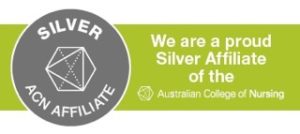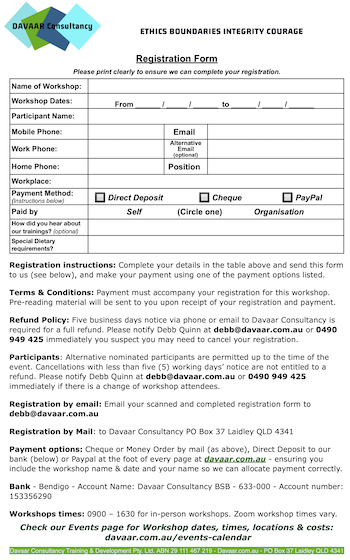Welcome to 2014
Welcome readers, to another year. What does 2014 hold for you, your family and your community? What specific plans have you made for the year in terms of holidays, study, changing jobs or developing a new skill for the job your currently hold? Is this the year to start that activity that you have been talking about for some time? That book you always wanted to read, has it been purchased yet? If so have you made the book visible to remind you of your wish to explore the writing held in the pages?
I ask these questions of myself as much as to you. When I actually allow myself time to pause and consider there are many things that I have put on hold for a number of years. I say to friends “I will do that one day”. I might even set a plan I will do a certain activity by a specific date. The date comes and goes and somehow I have managed to fit something else into the space. The book sits beckoning, the golf clubs become a beautiful landscape for spiders to weave upon and the book that I want to write remains unwritten. Yet I have not given up on these plans, they remain planted in me and yes I will get there.
On a different topic yet somehow related I invite you to look at a new TED talk posted in December 2013. It is well worth a visit. The speaker is Andrew Solomon and he talks about depression – his experience of being depressed and also depression as a broader theme. He starts his presentation by saying “I felt a funeral in my brain” and I was intrigued. One word that he used several times during his presentation really resonated with me, VITALITY. As a mental health professional for over thirty years, I do not think I have been so awakened to the nexus between depression and vitality.
As I listened to Andrew, I considered the restrictive language that I have used as a health professional when talking about depression. It is as if the word itself or perhaps our interpretation of depression creates a void in using a more extensive, elaborate, and descriptive language. Then I wonder in what ways the language we use when interviewing individuals who have depression may actually assist in keeping a depressive theme going? What would be altered if we were to ask questions about vitality? I suspect we would witness different stories emerging from the folks we engage with. Give it a go next time you talk with someone. Be curious about vitality, what does it mean to and for you?
Wendy



 our registration form
our registration form